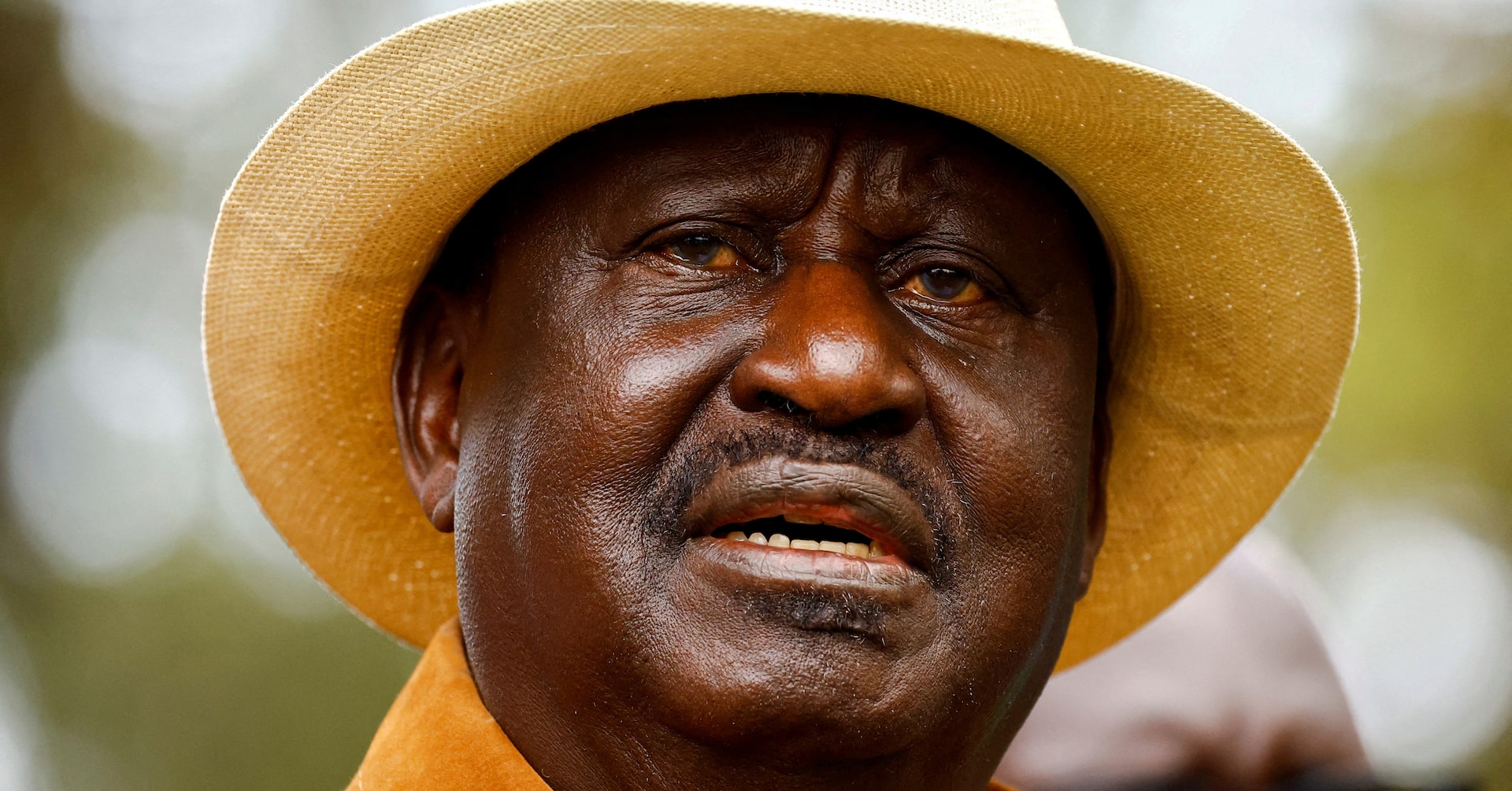Raila Odinga, Kenya’s veteran opposition leader and former Prime Minister, died on October 15, 2025, in India at the age of 80. This article presents an organized, factual account of his life, career, and legacy, including key infographics to capture his significant political journey.
Early Life and Background
Raila Odinga was born on January 7, 1945, into a prominent political family. His father, Jaramogi Oginga Odinga, was Kenya’s first vice-president after independence, which laid a foundation for Raila’s political involvement. Odinga was educated both in Kenya and abroad, and he entered politics amid Kenya’s struggle for multiparty democracy.
Political Career Highlights
| Year | Event | Description |
|---|---|---|
| 1990s | Advocated for multiparty democracy | Detained several times for opposing single-party rule |
| 1997-2022 | Five presidential bids | Unsuccessful attempts but remained a key opposition figure |
| 2008-2013 | Served as Kenya’s Prime Minister | Role formed by coalition agreement post-2007 election crisis |
| 2018 | Historic handshake with President Uhuru Kenyatta | Aimed at fostering national unity and peace |
| 2022 | Final presidential run | Defeated by William Ruto; respected Supreme Court ruling |
| 2025 | Contested African Union Commission leadership bid | Lost to Mahamoud Ali Youssouf, marking a setback at continental level |
Key Contributions and Legacy
-
Odinga was a persistent advocate for democratic reforms and national unity.
-
His role as Prime Minister helped stabilize Kenya after the post-election violence of 2007-2008.
-
The 2018 handshake with Kenyatta was a landmark in mitigating political polarization.
-
Despite never assuming the presidency, Odinga’s influence permeated Kenya’s political landscape for over 30 years.
-
Known as “Baba,” he was beloved by many as a father figure in Kenyan politics, inspiring hope and engagement.
Death and National Reaction
Raila Odinga passed away in Koothattukulam, Kerala, India, due to cardiac arrest while receiving medical treatment. His death immediately triggered an outpouring of grief in Kenya, particularly in his home region of Kisumu. Political leaders, including President William Ruto, were expected to pay tribute to his legacy, recognizing his role as a democrat and national unifier.
Summary Table: Raila Odinga’s Presidential Election Outcomes
| Election Year | Result | Notes |
|---|---|---|
| 1997 | Lost | Alleged vote rigging |
| 2002 | Lost | Endorsed another candidate |
| 2007 | Lost | Contested results caused violence |
| 2013 | Lost | Peaceful acceptance of results |
| 2022 | Lost | Pledged to respect Supreme Court ruling |
Impact on Kenyan Politics
Raila Odinga’s long career embodied the struggle for a more democratic Kenya. Although he never won the presidency, his efforts pushed reforms and greater political inclusion. His death leaves a significant political vacuum, stirring questions about the future direction of opposition politics ahead of the 2027 elections. His influence extended beyond electoral politics, impacting governance, ethnic relations, and democratic values in Kenya.
In conclusion, Raila Odinga’s passing marks the loss of a formidable figure who shaped Kenya for decades. His resilience and dedication to democracy made him a central figure and a unifying symbol for many. As Kenya mourns its political “Baba,” his legacy will continue to inspire future generations.

